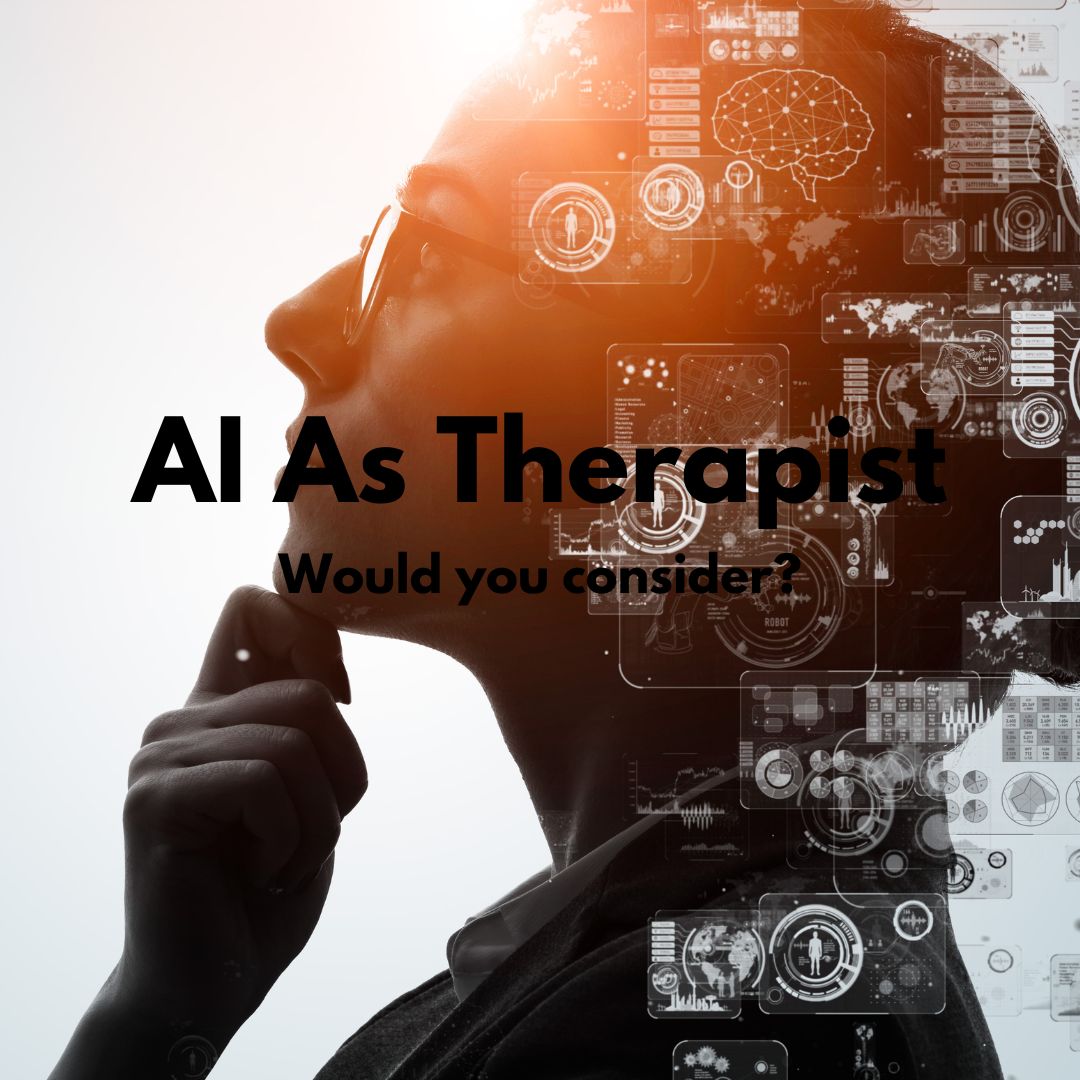It sounds like something out of a sci-fi movie, but honestly, it’s not that far off: could AI actually provide real therapy in the future? Like, not just a chatbot that says "I'm sorry you're feeling that way," but real, meaningful help with mental health struggles?
It’s a question more and more people are taking seriously — and it’s not as simple as a yes or no.
Where We Are Right Now
AI is already starting to dip its toes into the mental health world. Apps like Woebot, Wysa, and Replika use AI to chat with users, helping them track their moods, practice CBT (Cognitive Behavioral Therapy) exercises, and just vent when they need to.
The perks are obvious: AI is available 24/7, it doesn’t judge you, and you don’t have to wait weeks for an appointment. Plus, in a world where therapy can be crazy expensive, AI feels like a more affordable option.
And as technology gets better — with AI learning to pick up on voice tones, word choices, even tiny facial expressions — it’s easy to imagine an AI therapist that knows you almost better than you know yourself.
But Here's the Catch
Therapy isn’t just about offering advice or giving you mindfulness exercises. It’s about connection. It’s about feeling understood by another human being who really gets the messy, complicated stuff you’re going through.
AI can simulate empathy... but it can’t truly feel it. And honestly? A lot of people might pick up on that lack of real emotional depth, even if they can't exactly put their finger on what feels "off."
There’s also the very real issue of trust and privacy. When you pour your heart out to an AI, where does all that super personal data go? Who owns it? How safe is it, really? Right now, regulations are still catching up.
And what happens when someone is in serious crisis? AI might be great for everyday stress or anxiety management, but it might not be equipped to handle trauma, abuse, or life-or-death situations where human judgment matters most.
So What’s the Future Look Like?
Honestly, the most likely future isn’t AI replacing human therapists — it’s AI working alongside them. Think of AI as a kind of super-smart assistant: tracking your progress, suggesting exercises, maybe even picking up on warning signs between sessions.
That way, therapists can focus more on the deep, complicated, human work of therapy, and less on admin or routine check-ins.
Final Thoughts
In the end, therapy is about more than just tools and techniques. It's about being seen, heard, and understood by another living, breathing person.
AI can help, for sure. But healing? That’s still a very human thing.
References
-
Fitzpatrick, K. K., Darcy, A., & Vierhile, M. (2017). Delivering cognitive behavior therapy to young adults with symptoms of depression and anxiety using a fully automated conversational agent (Woebot): A randomized controlled trial. JMIR Mental Health, 4(2), e19. https://doi.org/10.2196/mental.7785
-
Inkster, B., Sarda, S., & Subramanian, V. (2018). An Empathy-Driven, Conversational Artificial Intelligence Agent (Wysa) for Digital Mental Well-Being: Real-World Data Evaluation. JMIR mHealth and uHealth, 6(11), e12106. https://doi.org/10.2196/12106
-
Luxton, D. D. (2014). Recommendations for the ethical use and design of artificial intelligent care providers. Artificial Intelligence in Medicine, 62(1), 1–10. https://doi.org/10.1016/j.artmed.2014.06.004
-
Vaidyam, A. N., Wisniewski, H., Halamka, J. D., Kashavan, M. S., & Torous, J. B. (2019). Chatbots and conversational agents in mental health: A review of the psychiatric landscape. The Canadian Journal of Psychiatry, 64(7), 456–464. https://doi.org/10.1177/0706743719828977
-
World Psychiatry Association. (2021). Artificial intelligence in mental health care: Applications, challenges, and ethical considerations. World Psychiatry, 20(3), 318–319. https://doi.org/10.1002/wps.20893
Written by: CL Hub Team

